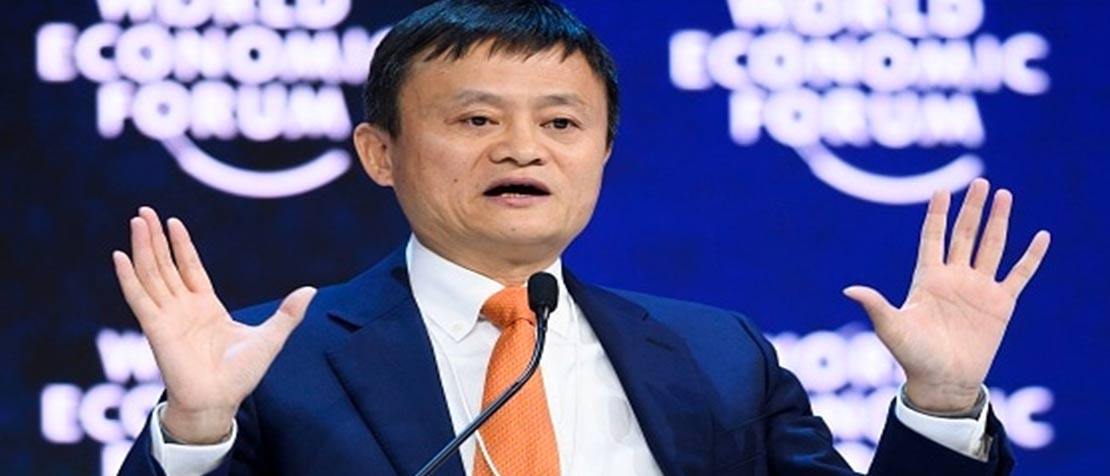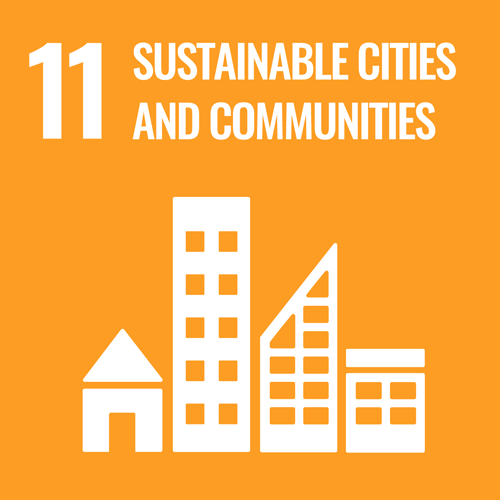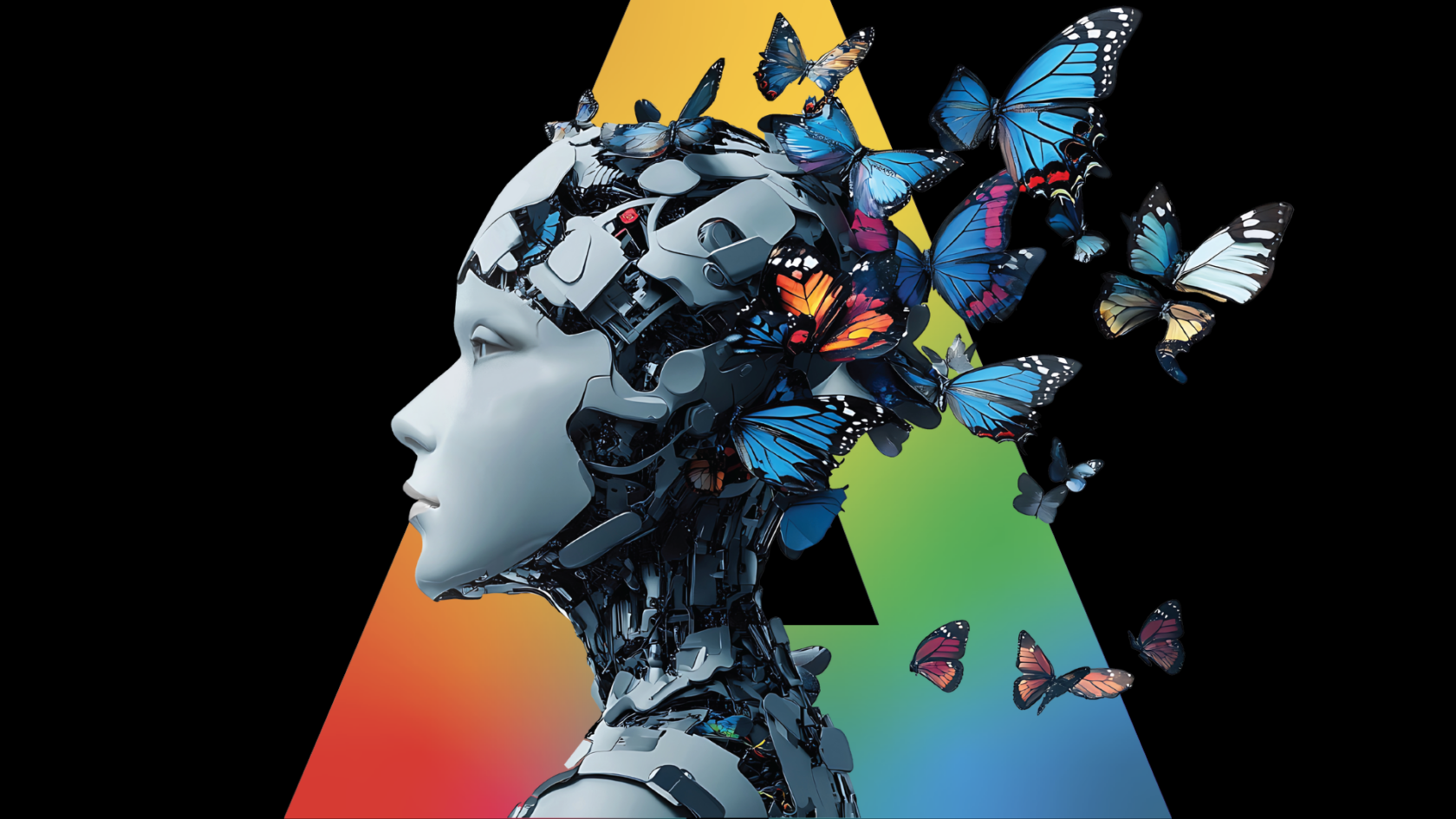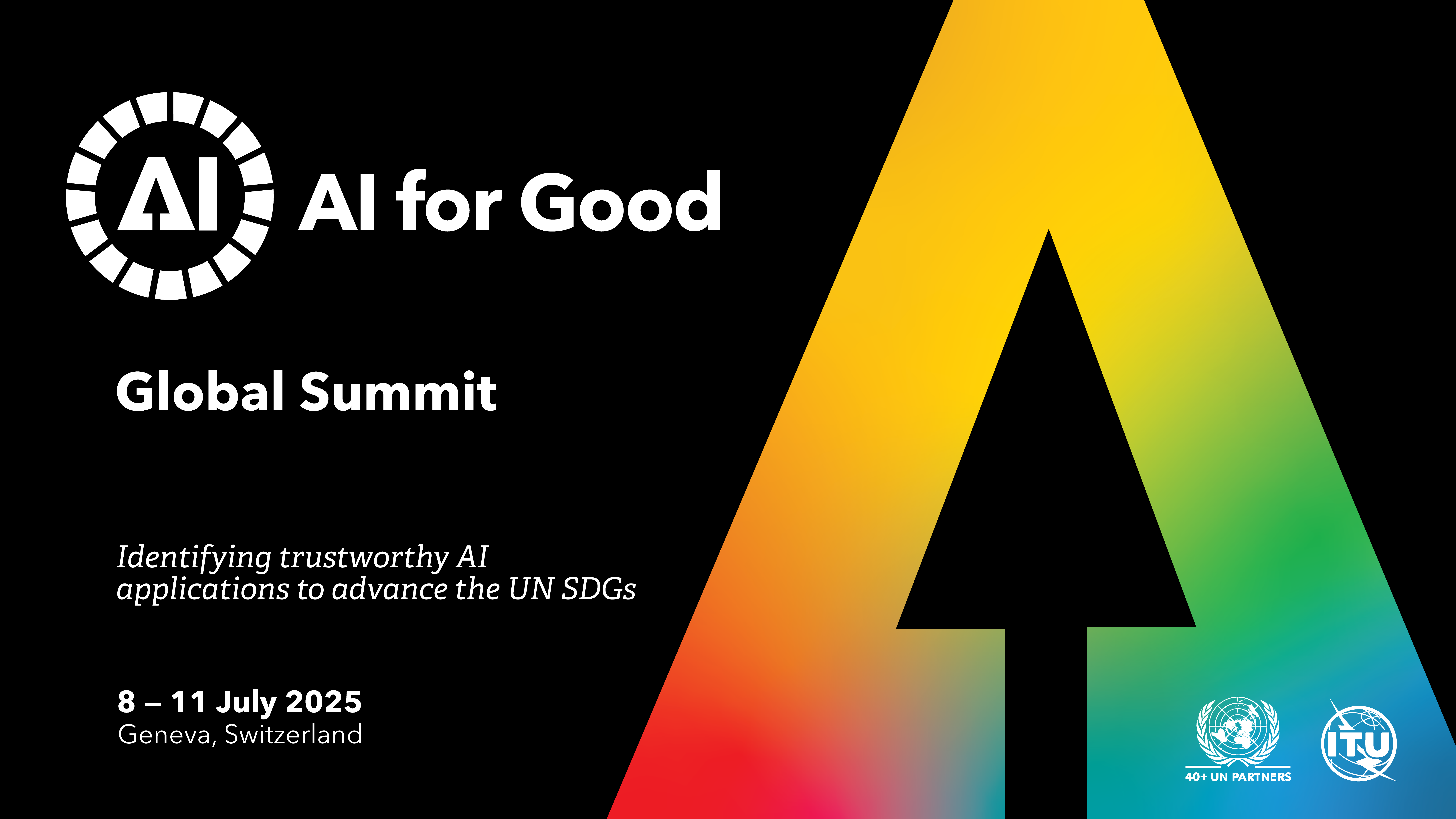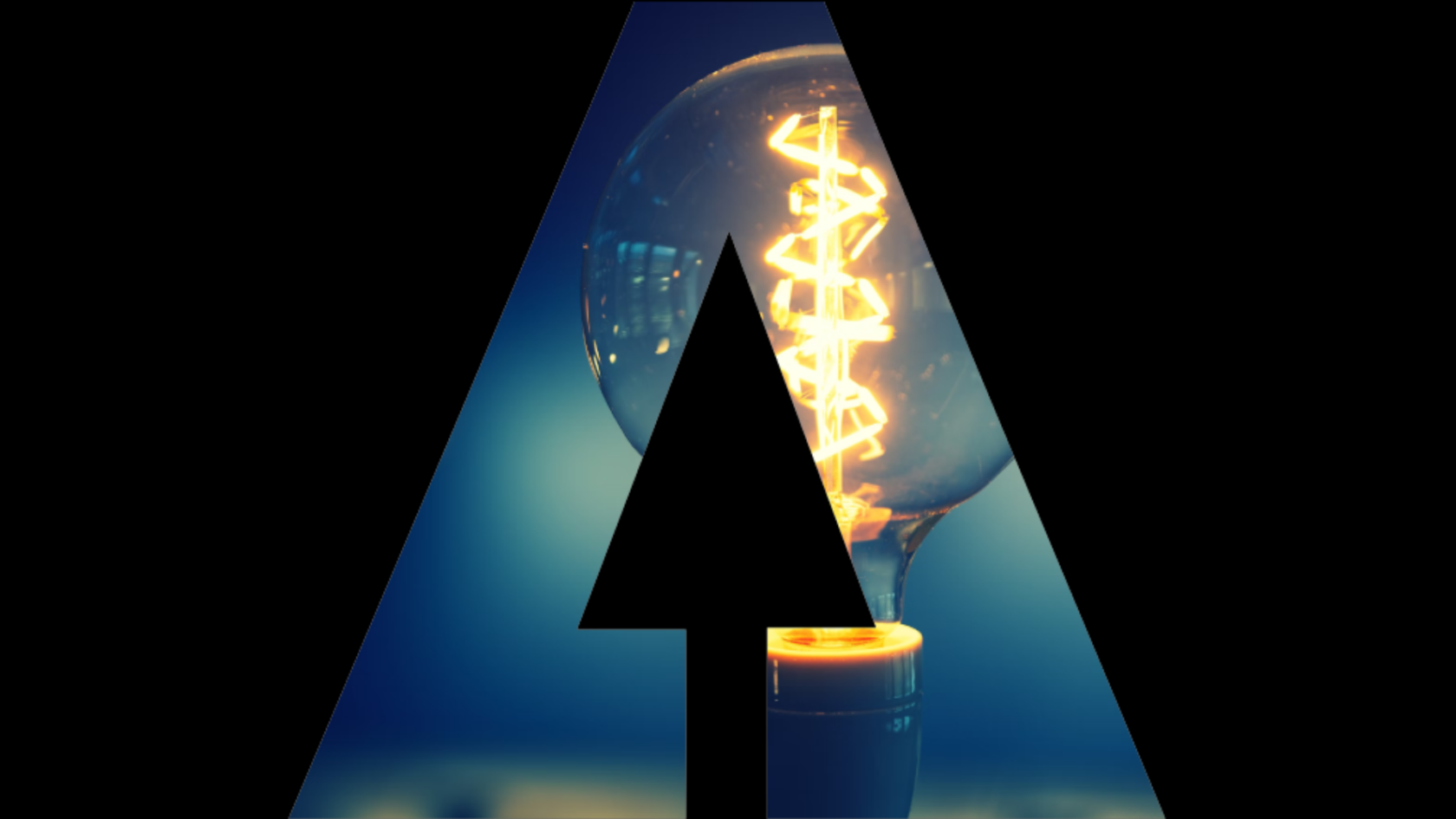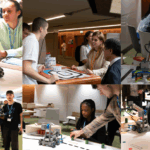Every January, big technology trends become more central to key discussions as the world’s top business and political leaders gather at the World Economic Forum (WEF) Annual Meeting in Davos, Switzerland.
It reflects the growing importance of information communication technologies (ICTs) for global trade and leadership.
Here are a few important insights from leaders on the top tech issues facing the world today:
Jack Ma on technology and society
Alibaba’s founder and Executive Chairman, Jack Ma, offered some key advice and warned of some of the disruptions facing the world when it comes to new technologies like artificial intelligence (AI) and Big Data.
“We are very lucky because the world is in a big transformation because of technology. This new technology will create a lot of successful people, interesting careers but honestly every new technology will create social problems,” said Ma speaking at Davos. “Each technology revolution has made the world unbalanced.”
While optimistic about the role of technology, he warned that humans must be active in shaping the role of emerging technologies. “Artificial Intelligence, big data is a threat to human beings. I think AI should support human beings.”
“Technology should always do something that enables people, not disables people.” — Jack Ma.
Alibaba, which just reached the $500 billion valuation mark, has been moving into AI applications and recently developed an AI algorithm that can pass Stanford University’s reading comprehension exam. For Ma, as these technologies continue to advance, tech companies need to take responsibility for the changes in society.
“Google, Facebook, Amazon and AliBaba – we are the luckiest companies of this century. But we have the responsibility to have a good heart, and do something good. Make sure that everything you do is for the future.”
Artificial intelligence
AI was top of mind for many leaders at Davos. The hype surrounding the this emerging technology reaches far and wide, as AI holds applications for nearly every industry.
“Imagine a world where we can predict and prevent the spread of diseases around the globe.” — British Prime Minister Theresa May.
The world has “only just seen the beginning of what AI [artificial intelligence] can achieve” said British Prime Minister Theresa May, pointing out that every week for the last three years, a new artificial intelligence startup had been created in the United Kingdom — and announcing a new government-funded center to advise on ethical use of AI.
“Imagine a world in which self-driving cars radically reduce the number of deaths on our roads. Imagine a world where remote monitoring and inspection of critical infrastructure makes dangerous jobs safer. Imagine a world where we can predict and prevent the spread of diseases around the globe,” she said. “These are the kinds of advances that we could see and that we should want to see.”
French President Emmanuel Macron launched a 10 billion euro innovation fund aimed at new technologies like AI.
Meanwhile, Google CEO Sundar Pichai said that AI is going to be more important than humanity’s mastery of fire or electricity.
And EY’s Global Vice Chair of Market, Uschi Schreiber asked, “What kind of society do we want to be? We need to be inclusive with people who would not be able to participate to the economy.”
To level the playing field, it is clear that companies need to continue to invest in AI and technological platforms, focusing on emerging technologies that bring people together.
Blockchain for good?
In the global banking sectors, it is clear that blockchain technologies cannot be ignored any longer.
Many leaders at Davos spoke about expanding the role of the blockchain, including ways it can be used as operating system for society along with applications for aid and development.
RELATED: Microsoft and Accenture’s blockchain ID system for refugees highlights data privacy needs
Peter Sands from The Global Fund highlighted the ways that the blockchain can revolutionize how global health is addressed and how humanitarian aid is delivered. But for blockchain to meet its potential, “innovation and productivity gains have to be backed up by solid investment.”
‘Connecting the other half’ to Broadband Internet
At a special session at Davos, the UN Broadband Commission for Sustainable Development announced the newest global targets to connect the world’s 3.8 billion citizens that are still offline.
The 2025 targets specifically seek to expand broadband infrastructure and Internet access and use, in support of achievement of the UN’s Sustainable Development Goals – and in so doing, to improve livelihoods and economies around the world.
To actively “create a shared future,” broadband Internet will have a large role to play as a necessary precondition for economic and social inclusion. As “the nervous system of the global economy,” the potential of the Internet is wide ranging, and leaders have ambitiously set out targets to ensure universal broadband access and use.
By Theadora Mills @theadoramills



